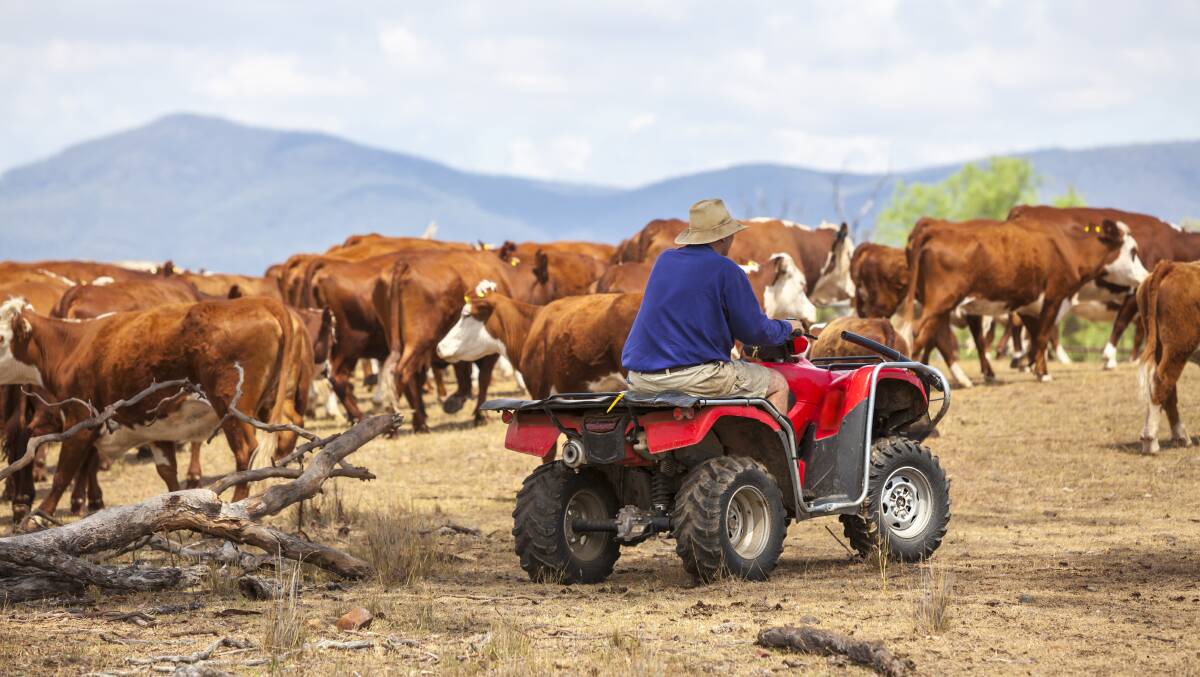
Less than a week to the National Drought Summit!
Subscribe now for unlimited access.
or signup to continue reading
An opportunity exists for Government to start taking drought seriously (rather than politically) and develop integrated policies which address the very complex underlying ecological systems which need regeneration to ameliorate further devastating droughts.
The froth and bubble buffoonery of political opportunity photo-shots of our Drought Special Envoy with time to kill on his hands suggests that the Drought Summit will be largely a waste of time and result in yet more froth and bubbles but no substance, just more of what we have witnessed over the past decade. Not a good look. Australia, our northern neighbours and indeed the entire world deserves better but our government hasn’t yet realised that we are not independent of the rest of the world and continues to remain in a state of convenient ignorance.
Barnaby, you could indeed become a Special Drought Envoy if you encouraged delegates to the Summit to spend some time opening their minds, look at case studies where innovative “regenerative” farming practices have turned their soil health, productivity wealth and health around. There is a wealth of information in a book titled: Call of the Reed Warbler by Charles Massey. A. book which every farmer, backyard gardener food buyer, health worker, policy maker and public leader should read and thoughtfully digest. It offers a clear vision of a sustainable future for our food supply, our landscape, our health, our Earth. The read is not easy but it is an excellent place to start.
To manage Australian landscapes requires a completely different mindset to and a different approach and techniques to those of Northern hemisphere agriculture. The devastation began because no-one really understands Australian landscape functions. We arrived too late on the scene although our indigenous brothers and sisters have fared much better. The majority of us are not aware of the ensuing dangers. We are either struggling to survive or too busy pursuing a consumptive lifestyle.
Australia is at risk because biological social and economic diversity has been compromised. Humans can only interfere so much with dynamic systems before they reach a tipping point e.g. by 1970 the totally unforeseen massive industrial agriculture interventions on an ancient co-evolved complex dynamic series of interconnected ecosystems began to come apart at the seams and came to be known as New England Dieback.
Read More:
The future of drought policy lies in an attitudinal shift towards the landscape which requires a change in our mindscapes: a shift from industrial agriculture and the global profit-based corporations driving it to innovative farmers finding a new way. Government needs to design drought policy that rewards good management practices of working with Nature and not against it. This path for a politician is obviously not politically easy but a real political hero will embark on it. Start by reading Call of the Reed Warbler. Open your mind Barnaby, consider all the available evidence. Become a drought hero not yet another drought tragic.
Jan Kleeman
Donald Creek

